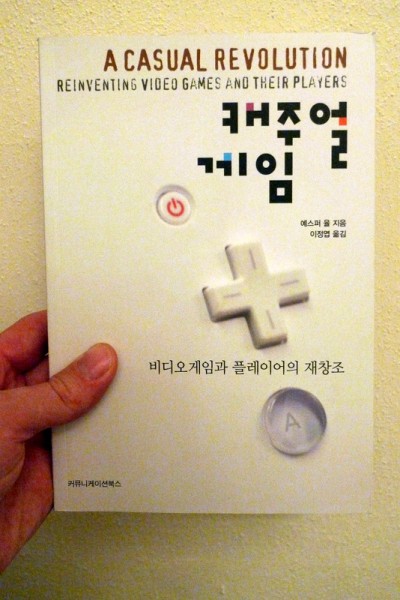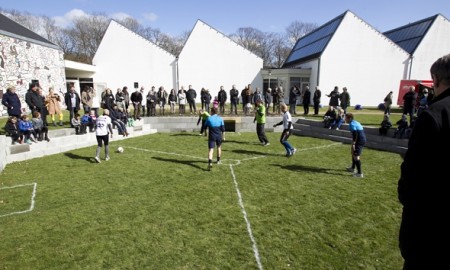![summersun[1]](http://www.jesperjuul.net/ludologist/wp-content/uploads/2012/04/summersun1-450x471.png)
Interested in improving your game development skills over the summer? Then take a look at our exciting summer opportunities for students to get hands on experience creating and thinking about games!
If you have any general questions about summer courses, please check this website or email the Game Center at gamecenter@nyu.edu
OART-UT 1604 Game Development Workshop
Summer Session I: 05/21/2012 – 06/29/2012
When: Mon, Wed 12.30 PM – 3.15PM
This course reflects the various skills and disciplines that are brought together in modern game development: game design, programming, visual art, animation, sound design, and writing. The workshop will situate these disciplines within a larger context of game literacy and a historical and critical understanding of games as cultural objects. Classroom lectures and lab time will all be used to bring these different educational vectors together into a coherent whole; the workshop will be organized around a single, long-term, hands-on, game creation project. Working in small groups under the close supervision of instructors, students will collaborate on the creation of a playable game. As a creative constraint to help inspire them and guide their designs, the students will be given a theme to express in their game projects.
OART-UT 1606 Thinking About Games
Summer Session II: 07/02/2012 – 08/10/2012
When: Tue, Thu 12.30 PM – 3.15PM
This class is an overview of the field of video games that approaches them from several theoretical and critical perspectives. No special theoretical background or prior training is needed to take the course, but to have had a broad practical experience with and basic knowledge of games is a distinct advantage. Also, an interest in theoretical and analytical issues will help. You are expected to actively participate in the lectures, which are dialogic in form, with ample room for discussion.
The course will prepare the student to:
– Understand and discuss games from a theoretical perspective
– Apply new theories and evaluate them critically.
– Assess and discuss game concepts and the use of games in various contexts.
– Analyze games, and understand and apply a range of analytical methods


![fezmonolith-4f90932-intro[1]](http://www.jesperjuul.net/ludologist/wp-content/uploads/2012/04/fezmonolith-4f90932-intro1-450x297.jpg)
![300px-Jack_Tramiel_cropped[1]](http://www.jesperjuul.net/ludologist/wp-content/uploads/2012/04/300px-Jack_Tramiel_cropped1.jpg)
![summersun[1]](http://www.jesperjuul.net/ludologist/wp-content/uploads/2012/04/summersun1-450x471.png)
